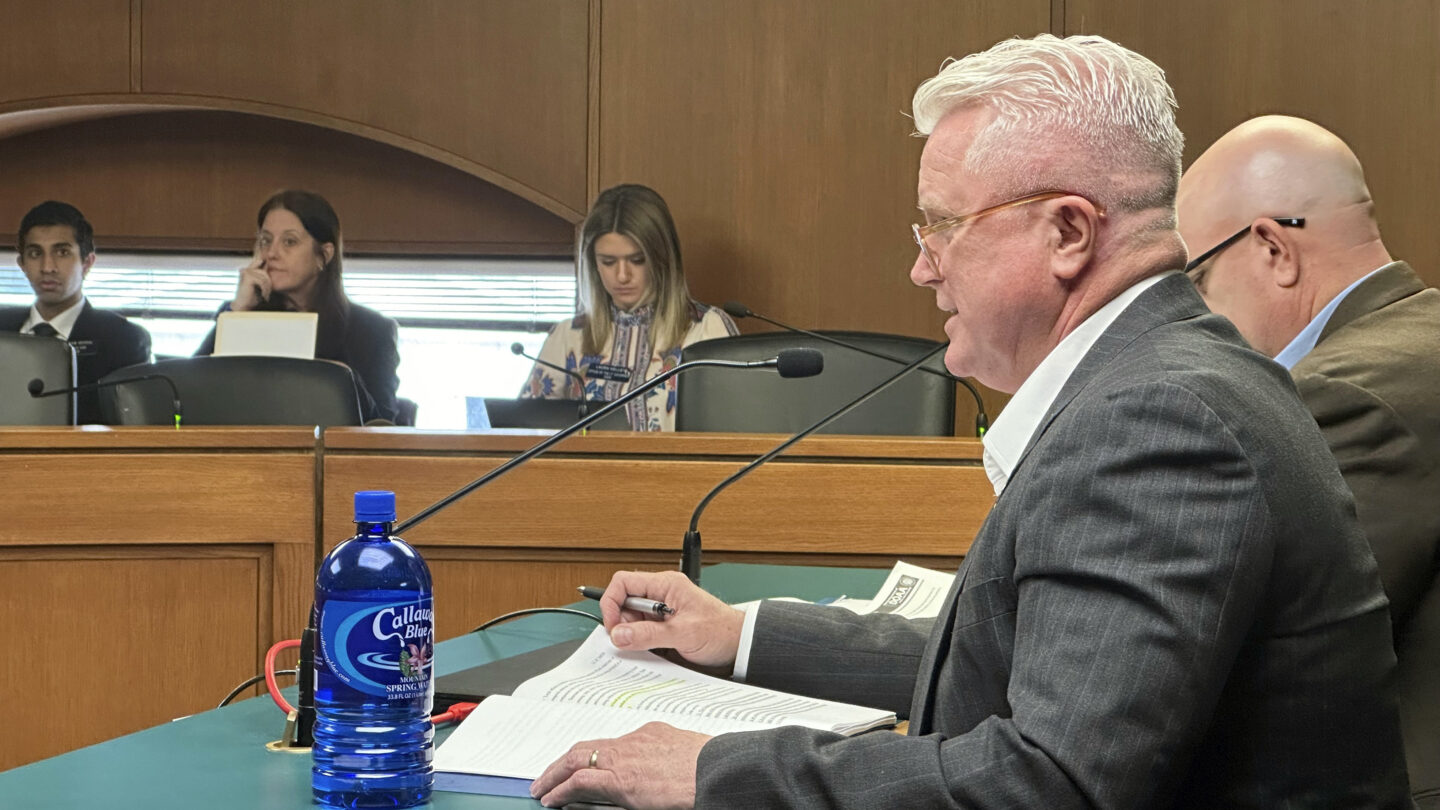A state Senate committee is seeking punishments for Georgia communities with so-called “sanctuary city” policies that protect undocumented immigrants.
The Committee on Public Safety approved a new version of HB 301 on Wednesday to impose more financial punishments on jurisdictions the state considers a sanctuary city, although there’s no one standard definition of what a sanctuary city is.
In Georgia, politicians have focused on jurisdictions that do not always interface with Immigration and Customs Enforcement when non-citizens are arrested unless in the case of a serious crime.
State law bans municipalities from adopting these kinds of policies. In 2009, the state outright banned sanctuary city policies. In 2016, it required local governments to show they’re following federal immigration rules to receive state money.
“What we’ve done in this legislation is we’ve added some teeth because there were none in the past,” said Sen. Randy Robertson, who represents Senate District 29 in West Georgia. Immigrants make up fewer than 5% of his district.
But Sen. Kim Jackson, the only Democrat on the committee who was present, had a lot of questions on what the exact financial punishments would be, in part because the language for the bill was introduced for the first time at the beginning of the meeting.
HB 301 was originally drafted to change fines for people who pass a school bus and are caught on camera. Later, lawmakers revised HB 301 to look instead at punishments for criminal street gangs before Republican lawmakers ultimately rewrote it as an immigration bill.
To advance a bill that did not clear at least one chamber of the legislature before the Crossover Day deadline, lawmakers can strip another bill that did and insert their bill text in its place.
“I tried really hard to get copies of the substitutes,” Jackson said. “It’s very frustrating and disappointing that I’m just seeing this.”
Immigrants make up 20% of her district in East Atlanta. She was concerned the financial punishments detailed in the new language were too broad.
Jackson, the only Democrat in attendance, was the sole no-vote on the bill.
HB 301 is one of several pieces of legislation lawmakers have introduced or modified regarding immigration in the past two weeks in response after an undocumented Venezuelan migrant was charged in the death of a young woman in Athens.
Other legislation includes HB 1105, which would require state and local law enforcement to partner with federal immigration officials to detain and report people they suspect are in the U.S. illegally — and calls for withholding funding from municipalities that do not comply.









